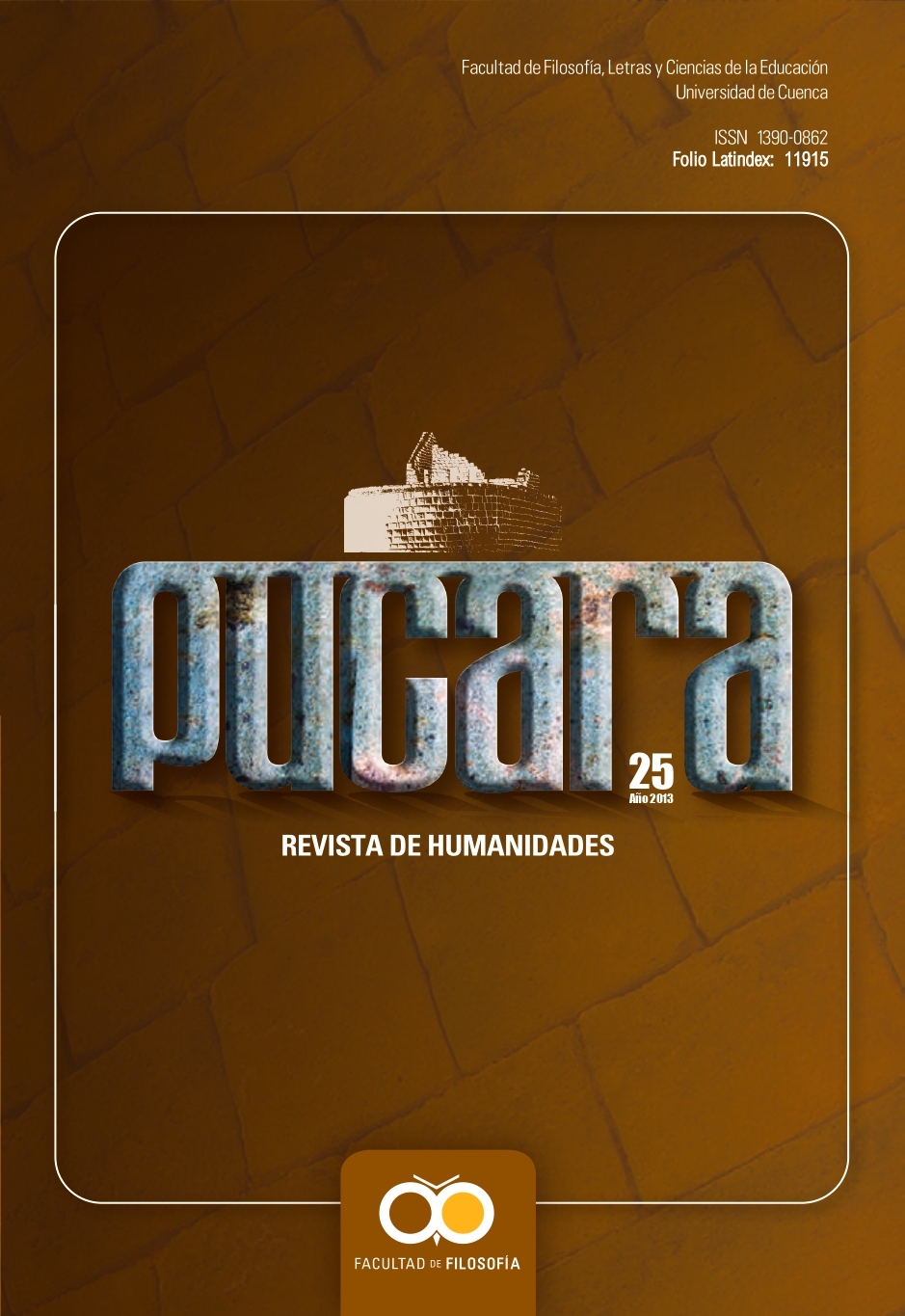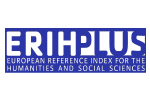Aplicación de la teoría fundamentada en la evaluación de las aspiraciones de carrera de los estudiantes: Un estudio de caso
DOI:
https://doi.org/10.18537/puc.25.11Palabras clave:
Teoría fundamentada, aspiraciones profesionales estudiantiles, hospitalidad.Resumen
Este artículo presenta un estudio realizado para determinar los factores que influyen en las aspiraciones profesionales de los estudiantes de un programa de Hospitalidad en una universidad líder en el Ecuador. Por medio de la teoría fundamentada, un medio usado a menudo para el análisis de datos cualitativos, el estudio analizó las opiniones de los estudiantes sobre sus carreras futuras para determinar los factores que los llevaron a decidirse por una carrera en hospitalidad. Estas opiniones fueron recogidas a través de dieciséis entrevistas durante dos semanas al final del año 2012. Este artículo describe la recopilación de datos y el proceso de análisis, previo a presentar los resultados y un “perfil del estudiante”. El artículo concluye con las implicaciones para la educación profesional de la Hospitalidad en el ámbito universitario y ofrece sugerencias para futuras investigaciones.
Descargas
Citas
Armstrong, P. I., & Crombie, G. “Compromises in adolescents’ occupational aspirations and expectations from grades 8 to 10”. Journal of Vocational Behavior, 2000: 56, 82-98.
Beach, L. R. “Image theory: decision making in personal and organizational contexts”. Chichester, England: Wiley, 1990.
Beach, L. R., & Mitchell, T. R. “Image theory: principles, goals and plans in decision making”. Acta Psychologica, 198: 66, 201−220.
Beach, L. R., & Mitchell, T. R. “Image theory: A behavioral theory of decisions in organizations”. In B. M. Staw, & L. L. Cummings (Eds.) Research in organizational behavior, 12. (pp. 1−41) Greenwich, CT: JAI. Press, 1990. Impreso.
Blanchard, C. A., & Lichtenberg, J. W. “Compromise in career decision making: A test of Gottfredson’s theory”. Journal of Vocational Behavior, (2003), 62, 250-271.
Corbin, J., and Strauss, A. “Grounded theory research: Procedures, cannons, and evaluative criteria”. Qualitative Inquiry, 1990:(9), 335-354.
Creswell, J. W., Qualitative inquiry and research design: Choosing among five approaches. (2nd Ed.). Thousand Oaks, CA: Sage. 2007.
Damaske, Sarah. For the Family?: How Class and Gender Shape Women’s Work. New York, N. Y.: Oxford University Press. 2011.
Glaser, B. G. Theoretical Sensitivity. Mill Valley, CA: Sociology Press, 1978. Glaser, B. G., and Strauss, A. The Discovery of Grounded Theory. Chicago, IL: Aldine, 1967.
Gottfredson, L. S. “Circumscription and compromise: A developmental theory of occupational aspirations”. Journal of Counseling Psychology, (1981). 28, 545-579.
Gottfredson, L. S. “Gottfredson’s theory of circumscription and compromise”. Career choice and development. In D. Brown & L. Brooks (Eds.), (3.ª ed., pp. 179-232). San Francisco: Jossey-Bass, 1996.
Johnson, L. “A multidimensional analysis of the vocational aspirations of college students”. Measurement and Evaluation, 1995: 28(1), 25-44.
Junk, K. E., and Armstrong, P. I. “Stability of career aspirations: A longitudinal test of Gottfredson’s theory”. Journal of Career Development, 2010: 37(3), 579-598.
Leung, S. A., & Plake, B. S. “A choice dilemma approach for examining the relative importance of sex type and prestige preferences in the process of career choice compromise”. Journal of Counseling Psychology, 37, 1990: 399-406.
Metz, A. J., Fouad, N., and Ihle-Helledy, K. “Career aspirations and expectations of college students, demographic and labor market comparisons”. Journal of Career Assessment, 17(2), 2009: 155-171.
Pryor, R. G., & Taylor, N. B. “What would I do if I couldn’t do what I wanted to do?”. Investigating career compromise strategies. Australian Psychologist, 21, 1986: 363-376.
Thompson, M. N., and Dahling, J. J. “Image theory and career aspirations: Indirect and interactive effects of status-related variables”. Journal of Vocational Behavior, 77, 2010: 21-29.
Thompson, M. N., & Subich, L. M. “The relation of social status to the career decision-making process”. Journal of Vocational Behavior, 69, 2006: 289-301.
Strauss, A. Qualitative analysis for social scientists. New York, NY: Cambridge University Press, 1987.
Strauss, A., and Corbin, J. Basics of qualitative research: Grounded theory procedures and techniques. Newbury Park, CA: Sage, 1990.
Wang, C., and Mattila, A. S. “A grounded theory model of service providers’ stress, emotion, and coping during intercultural service encounters”. Managing Service Quality, 20(4), 2010: 328-342.
Publicado
Cómo citar
Número
Sección
Licencia
Derechos de autor 2019 Sean McGinley, Hubert B. Van Hoof, John W. O’Neill, Santiago Carpio, Ana Cueva

Esta obra está bajo una licencia internacional Creative Commons Atribución-NoComercial-CompartirIgual 4.0.
Copyright © Autors

Usted es libre de:
 |
Compartir — compartir y redistribuir el material publicado en cualquier medio o formato. |
 |
Adaptar — combinar, transformar y construir sobre el material para cualquier propósito, incluso comercialmente. |
Bajo las siguientes condiciones:
 |
Atribución — Debe otorgar el crédito correspondiente, proporcionar un enlace a la licencia e indicar si se realizaron cambios. Puede hacerlo de cualquier manera razonable, pero de ninguna manera que sugiera que el licenciador lo respalda a usted o a su uso. |
| No comercial — No puede utilizar el material con fines comerciales. | |
| Compartir Igual— si remezcla, transforma o desarrolla el material, debe distribuir sus contribuciones bajo la misma licencia que el original. |
| Sin restricciones adicionales: no puede aplicar términos legales o medidas tecnológicas que restrinjan legalmente a otros a hacer cualquier cosa que permita la licencia. |
Mayor información sobre este acuerdo de autoría y licencia, transferencia de derechos o solicitudes de reproducción, pueden ser consultados en este enlace.












